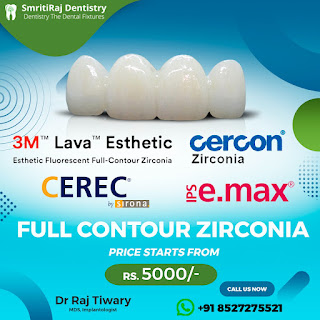What is the treatment of baby milk teeth?
The treatment of baby milk teeth, also known as primary teeth or deciduous teeth, primarily involves preventive care, maintenance, and addressing any issues that may arise. Here's a breakdown of the typical treatments associated with baby milk teeth:
1. Regular Dental Check-ups: Just like adults, babies and young children should also have regular dental check-ups. These visits help monitor the development of their teeth and identify any potential issues early on.
2. Oral Hygiene: Proper oral hygiene is crucial for maintaining healthy baby teeth. Parents should start cleaning their baby's gums even before teeth appear, using a soft, damp cloth or a baby toothbrush. Once teeth erupt, they should be brushed with a small amount of fluoride toothpaste twice a day.
3. Preventing Cavities: Baby teeth are susceptible to cavities, so preventing them is essential. This involves limiting sugary foods and drinks, encouraging healthy eating habits, and ensuring proper oral hygiene.
4. Fluoride Treatment: In some cases, dentists may recommend fluoride treatments to strengthen the enamel of baby teeth and prevent decay.
5. Sealants: Dental sealants are thin, protective coatings applied to the chewing surfaces of molars to prevent decay. While this is more common for permanent teeth, in certain cases, it may be recommended for baby teeth as well.
6. Treating Cavities: If a cavity develops, it's essential to address it promptly to prevent further damage to the tooth. Treatment may involve dental fillings, which are typically made of tooth-colored composite resin or other materials.
7. Space Maintainers: If a baby tooth is lost prematurely due to decay or injury, a space maintainer may be recommended to prevent neighboring teeth from shifting into the empty space and affecting the eruption pattern of permanent teeth.
8. Extraction: In some cases where a baby tooth is severely decayed or damaged, extraction may be necessary. This is typically done to prevent infection and maintain the proper alignment of the remaining teeth.
9. Orthodontic Treatment: Occasionally, baby teeth may affect the alignment of permanent teeth. In such cases, orthodontic interventions may be recommended at an appropriate age to guide the proper alignment of permanent teeth.
It's crucial to remember that baby teeth play a vital role in speech development, proper chewing, and guiding the eruption of permanent teeth. Therefore, maintaining their health and addressing any issues promptly is essential for a child's overall oral health and development. Regular dental visits and good oral hygiene practices at home are key components of ensuring the well-being of baby teeth.


Comments
Post a Comment